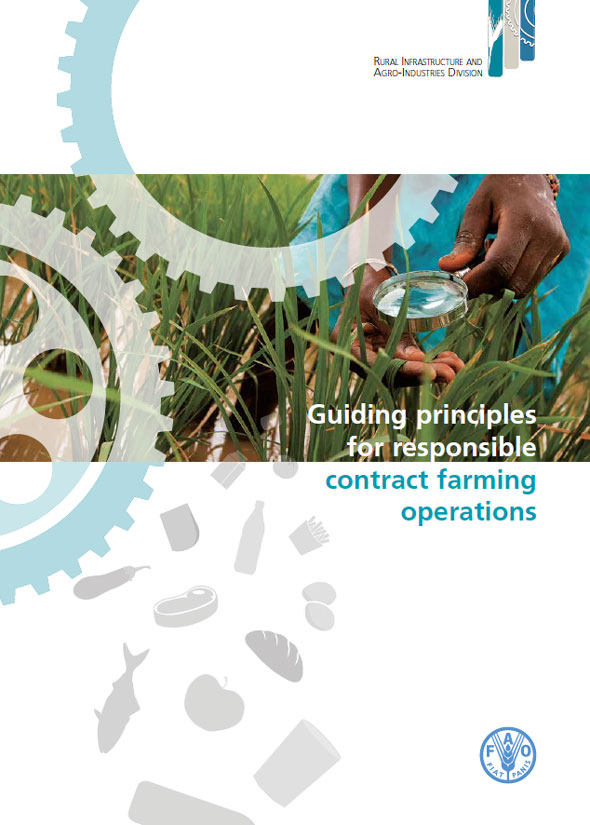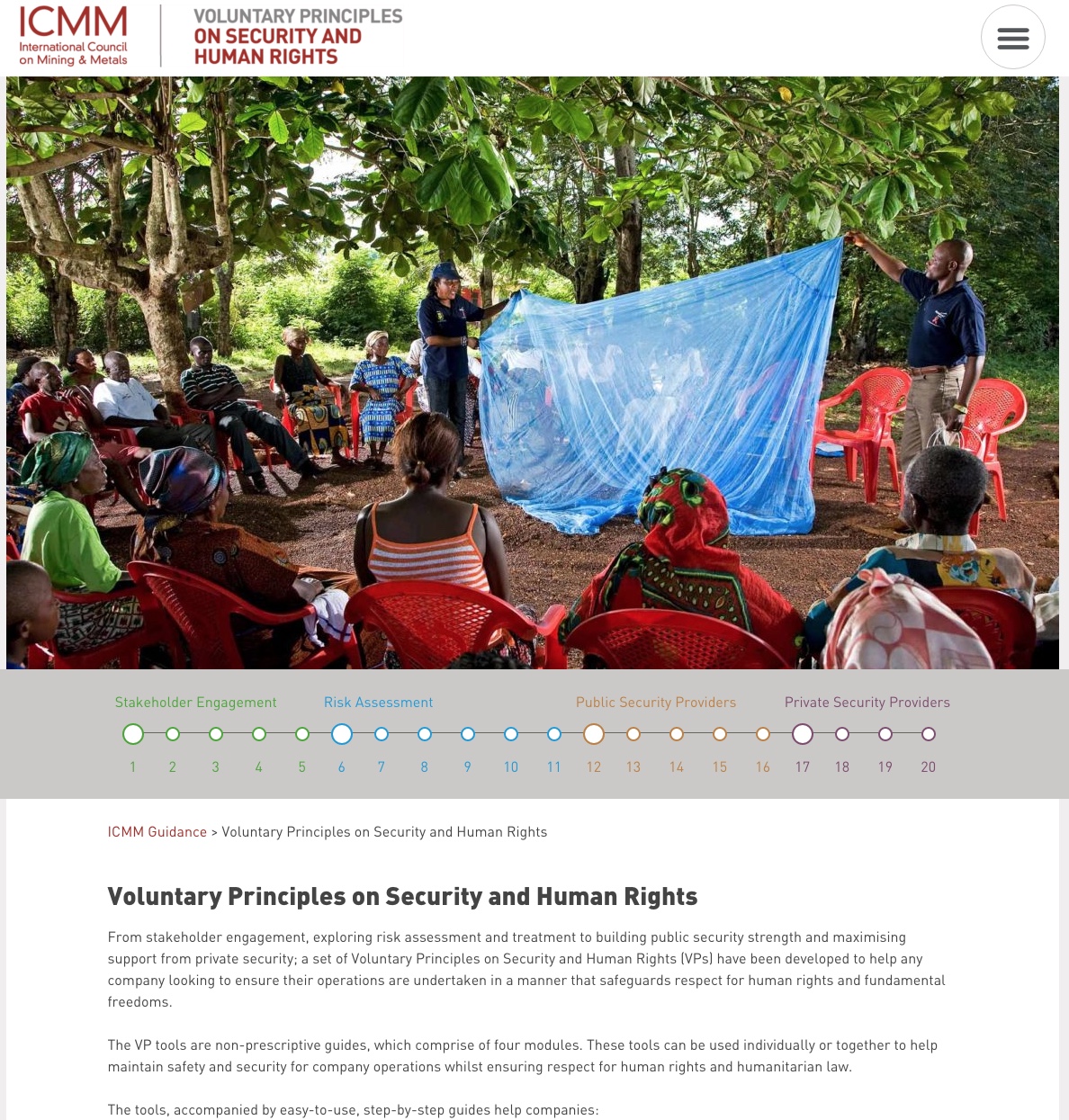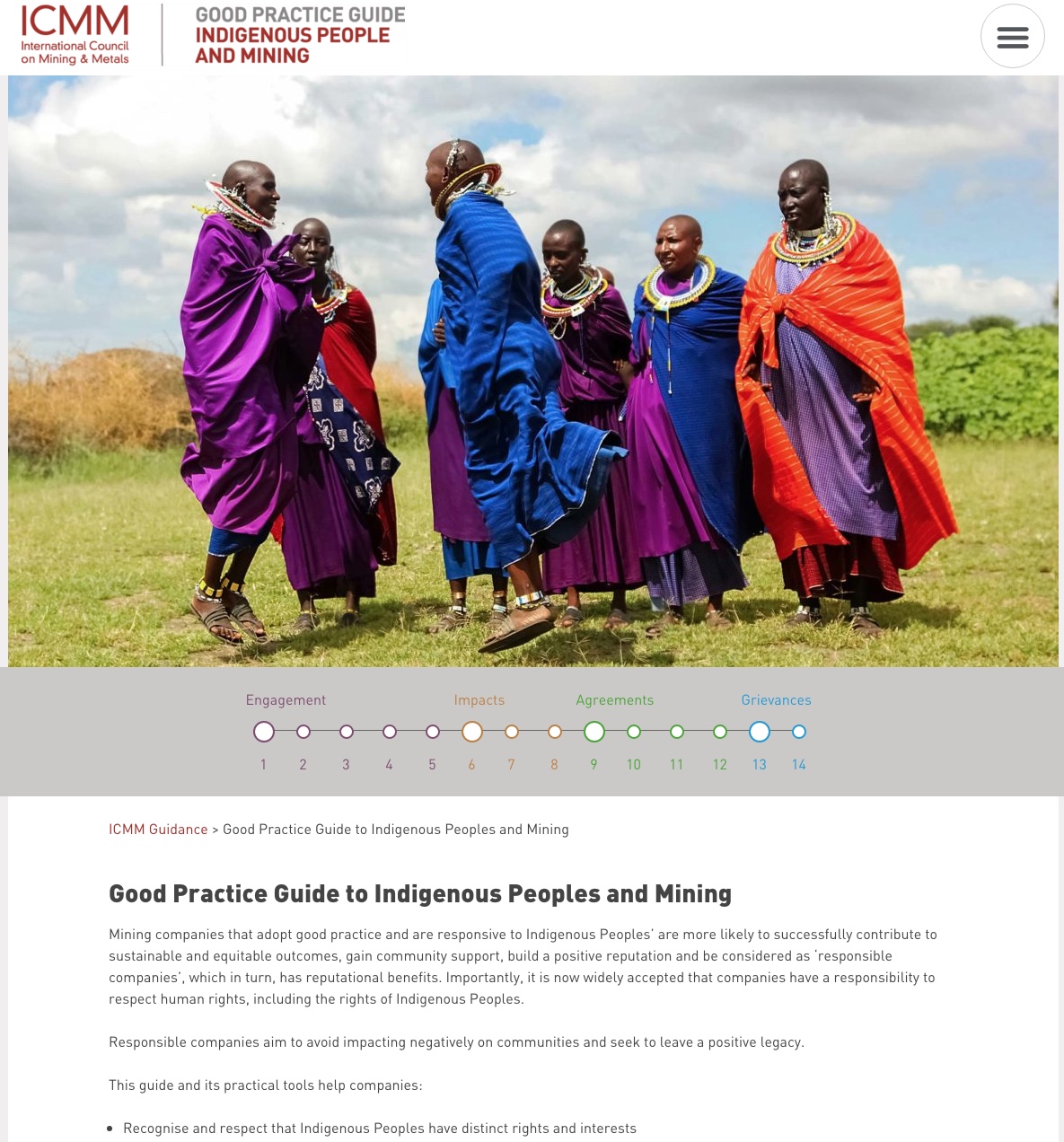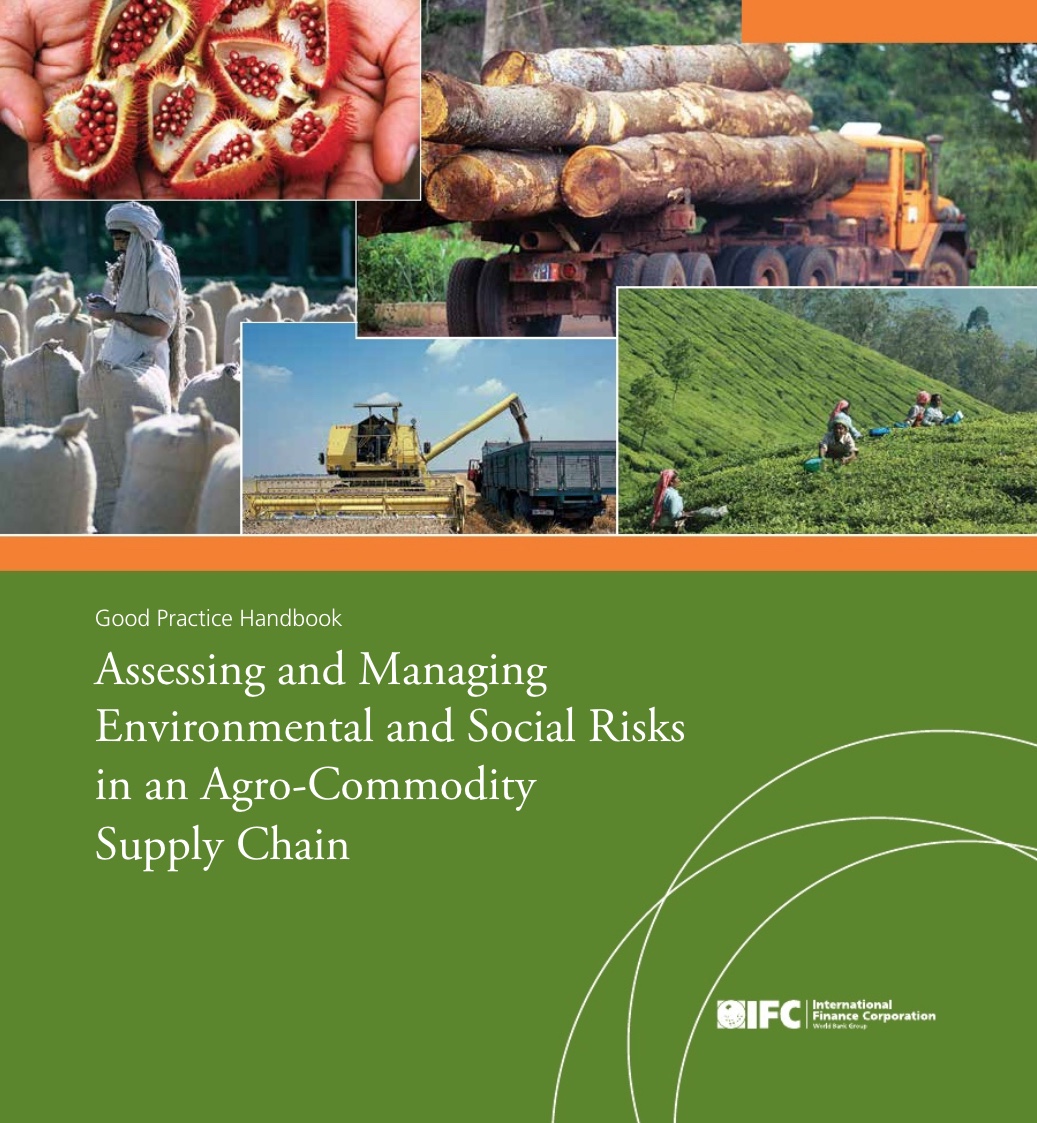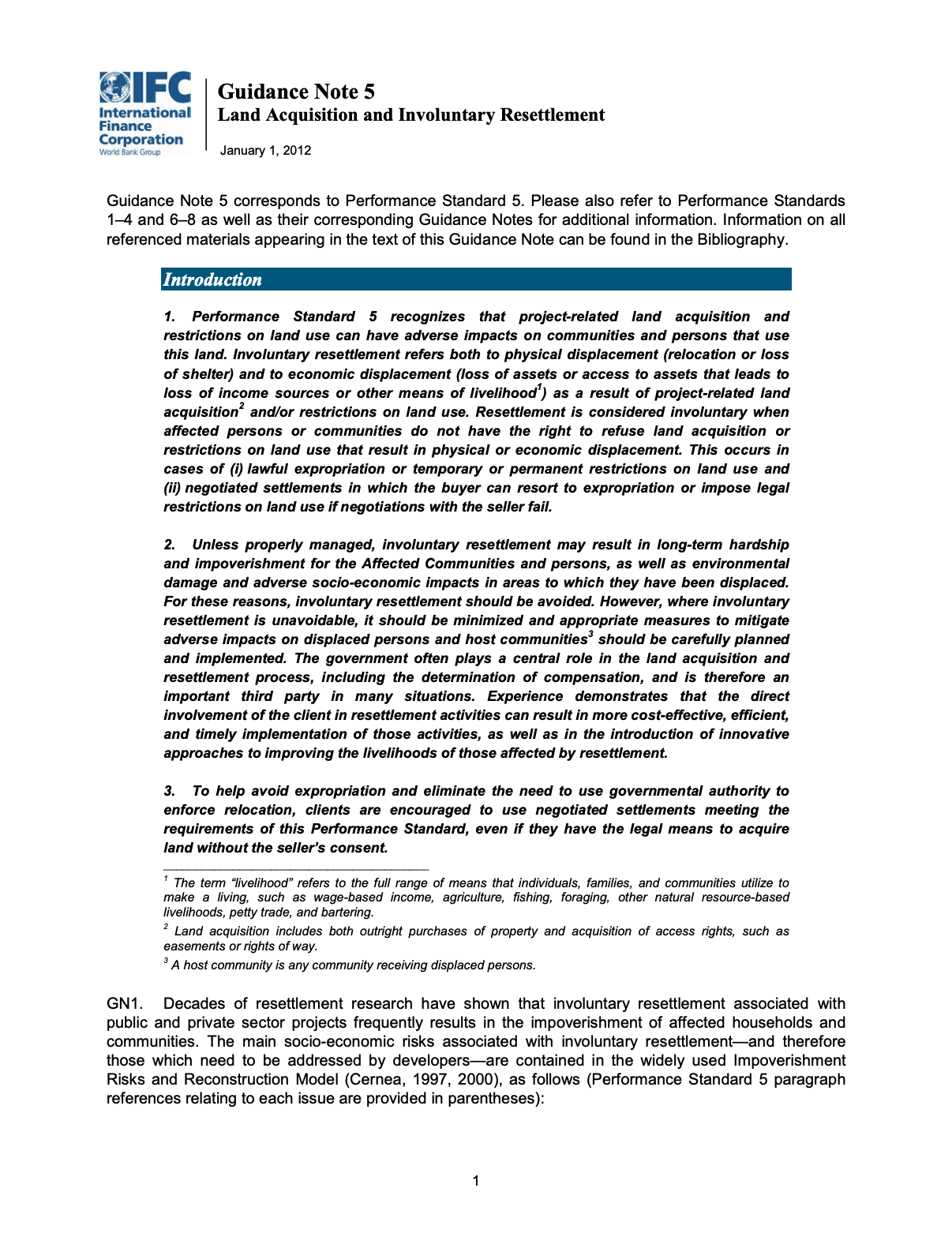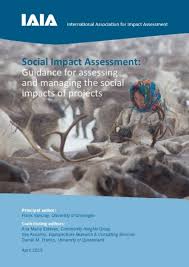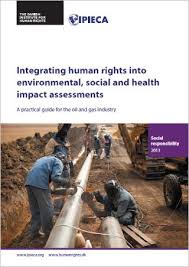Guiding principles for responsible contract farming operations
This document presents a set of guiding principles that promote to responsible contract farming operations. It is intended to serve as guidance for farmers and buyers engaged in contractual relationships, in order to promote good business practices and maintain an atmosphere of trust and respect that is essential if contract farming is to prove effective.

